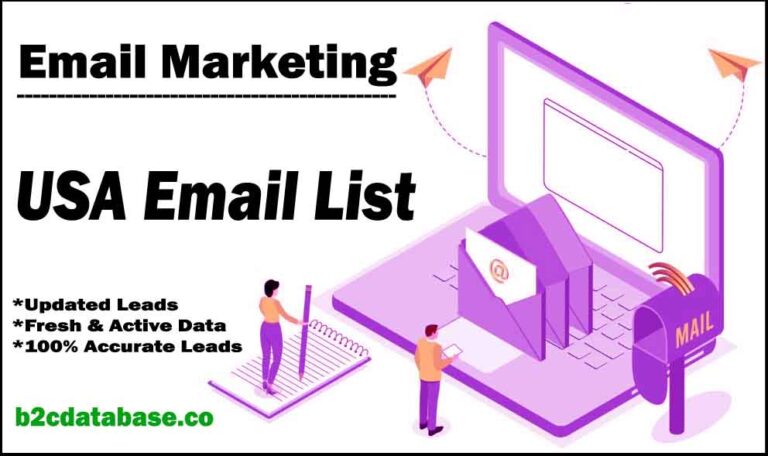|
|
Online marketing, also known as digital marketing, refers to the promotion of products or services using digital channels such as the internet, social media, email, search engines, and other online platforms. It encompasses various strategies and tactics aimed at reaching and engaging with target audiences to achieve business objectives. Here are some key components of online marketing:
Search Engine Optimization (SEO): SEO involves optimizing a website's content, structure, and backlinks to improve its visibility in search engine results pages (SERPs) for relevant keywords. The goal is to increase organic (non-paid) traffic to the website.
Search Engine Marketing (SEM): SEM involves usa b2c email list using paid advertising on search engines like Google or Bing to appear prominently in search results for specific keywords. This typically includes pay-per-click (PPC) campaigns where advertisers bid on keywords and pay for each click on their ads.
Content Marketing: Content marketing focuses on creating and distributing valuable, relevant content to attract and engage a target audience. Content can take various forms, including blog posts, articles, videos, infographics, podcasts, and more. Social Media Marketing: Social media marketing involves using social media platforms such as Facebook, Instagram, Twitter, LinkedIn, and Pinterest to promote products or services, build brand awareness, and engage with customers. It includes organic social media activities as well as paid advertising options. Email Marketing: Email marketing involves sending targeted and personalized emails to subscribers or customers to promote products, share updates, nurture leads, and build relationships. Email marketing can include newsletters, promotional emails, transactional emails, and more. Affiliate Marketing: Affiliate marketing is a performance-based marketing strategy where businesses reward affiliates or partners for driving traffic or sales through their referrals. Affiliates typically earn a commission for each sale or action generated through their unique tracking links.

Influencer Marketing: Influencer marketing involves collaborating with influencers or individuals with a significant following and influence on social media platforms to promote products or services to their audience. Influencers can help businesses reach and engage with their target audience authentically. Pay-Per-Click (PPC) Advertising: PPC advertising involves placing ads on various online platforms and paying a fee each time a user clicks on the ad. PPC platforms include search engines (Google Ads), social media platforms (Facebook Ads, LinkedIn Ads), display networks, and more. Online PR (Public Relations): Online PR involves building relationships with online publications, bloggers, journalists, and influencers to earn media coverage, mentions, and backlinks. It helps enhance brand visibility, credibility, and reputation. Mobile Marketing: Mobile marketing focuses on reaching and engaging audiences on mobile devices such as smartphones and tablets. It includes mobile-friendly website design, mobile apps, SMS marketing, and mobile advertising.
Overall, online marketing offers businesses a wide range of opportunities to connect with their target audience, drive traffic, generate leads, increase sales, and achieve their marketing goals in the digital age. By leveraging various online channels and strategies effectively, businesses can maximize their online presence and competitiveness.
|
|